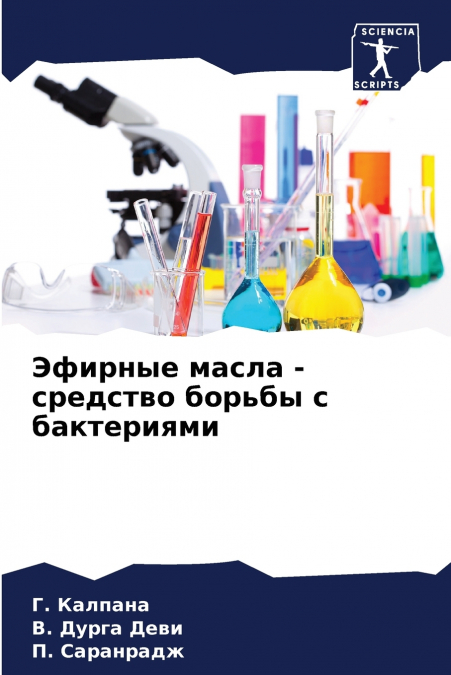
В. Дурга Деви / Г. Калпана / П. Саранрадж
Эфирные масла и летучие компоненты, выделенные из ароматических растений, часто используются в народной медицине для профилактики и лечения различных заболеваний человека. В данном исследовании были собраны четыре эфирных масла (масло пунги, кунжутное масло, масло сантхалума и горчичное масло) и исследована их антибактериальная активность. Максимальная ингибирующая активность наблюдалась в масле Santhanathi по сравнению с другими эфирными маслами. Масло Сантханатхи показало максимальную зону ингибирования в отношении Бациллы Цереус (46 мм), затем Шигеллы Флекснери (45 мм), Стафилококка (44 мм), Сальмонеллы Тифи (42 мм), Klebsiella pneumoniae (40 мм) и Кишечной палочки (30 мм). Минимальная зона ингибирования была отмечена у Ацетобактер баумани (20 мм). В слепом контроле ДМСО зоны ингибирования не наблюдалось. Результаты нашего исследования свидетельствуют о возможности использования эфирного масла в качестве природного антибактериального средства в пищевой и фармацевтической промышленности. Можно сделать вывод, что исследование растений открыло новые перспективы в фармацевтических исследованиях, и они могут быть использованы для разработки потенциальных, новых антибактериальных средств для лечения бактериальных заболеваний.